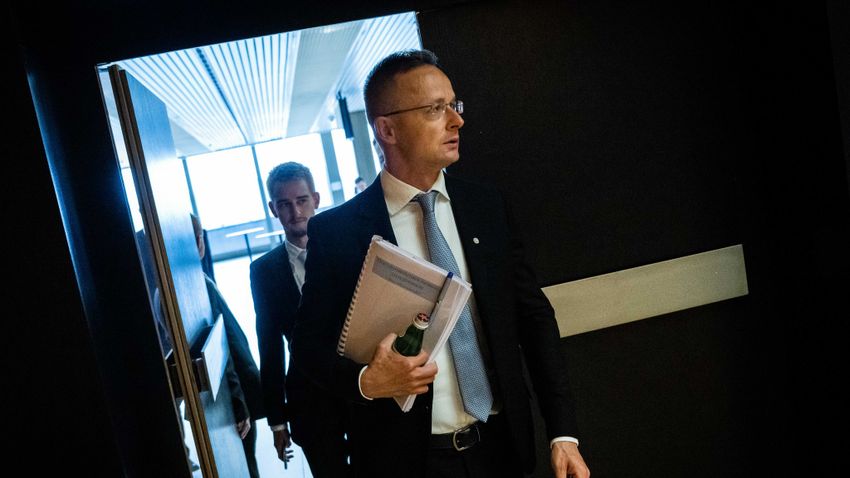Péter Szijjártó took office as Hungary’s Minister of Foreign Affairs on September 23, 2014, making him Europe’s longest-serving minister. Index wrote up a review of the FM’s career, including some top reasons why many have also found him to be controversial.
The Komárom-born politician and one-time National League soccer player has been a Fidesz member of parliament since 2002. He worked as the communications director of Fidesz between 2006 and 2010, was the minister’s spokesperson for two years from 2010, and then as the state secretary of the Prime Minister’s Office for Foreign Affairs and Foreign Trade between 2012 and 2014.
Szijjártó then served as deputy minister of foreign affairs and trade from June 2014 to September 2014, after which he became the head of that ministry.
In the period between Jan. 1, 2014, and June 30, 2024, a total of 2,169 investment projects were implemented in Hungary with the support of the Foreign Investment Agency. These represent an investment volume of more than €52 billion and about 156,000 new jobs for the Hungarian national economy.
Under Szijjártó’s leadership, Hungary diversified the western orientation of the Hungarian economy to the east and south. This was done not to the detriment of Western economic relations, but to supplement them, Index reports.
Hungary’s exports in 2023 hit a record €150 billion, a 77 percent increase over 2014. Hungarian exports valued in euros have exceeded the previous year’s amount every year since 2014 (with the exception of the coronavirus shutdown in 2020). Hungary also achieved a budget surplus of €9 billion in 2023 from a deficit of €9 billion in 2022 — an increase of €8.1 billion.
In terms of energy diversification, Hungary’s connections with neighboring countries have increased from three to six, thus creating the foundations for source and route diversification, including the Turkish Stream gas pipeline, which is currently the mainstay of the country’s energy supply.
Hungary has electricity interconnections with all its neighboring countries, and their development and capacity expansion is continuous.
The biggest project, and the cornerstone of Péter Szijjártó’s work, is Paks II. He announced in August 2017 that nothing could stop the construction of the new nuclear power plant. A few years later, he also negotiated with the leaders of Gazprom and Rosatom, among other international players, to speed up investment in the Paks nuclear power plant.
Szijjártó has previously stated that one of the government’s objectives is to have the new units of Paks II operational by 2030.
Index made sure to list top criticisms of Szijjártó’s foreign policy practices: His ongoing and open relations with Russia, especially in terms of energy; his defense of Hungary’s human rights record at the UN in the face of those who say the government violates the rights of refugees and immigrants; Hungary’s purchase of Chinese and Russian Covid vaccines that had not been approved by the European Medicines Agency; and his “harsh and outspoken” criticism of the European Union and the Brussels bureaucracy.
And of course, there is Ukraine and his jabs at the U.S. as well.
In reference to his Hungary-first policies, the foreign minister has said: “That’s why we can’t accept that they try to force us to see things through other people’s eyes. We have to look at things in the world from a Hungarian perspective and make decisions accordingly. So I can promise that as long as possible, as long as I can do this work, I will always focus on the implementation of a sovereign and Hungarian foreign policy, which only has Hungarian national interests in mind.”
Szijjártó has also often made headlines for his sharp retorts and unapologetic clarifications during interviews on major Western news channels with hosts such as Christiane Amanpour and Stephen Sackur.






